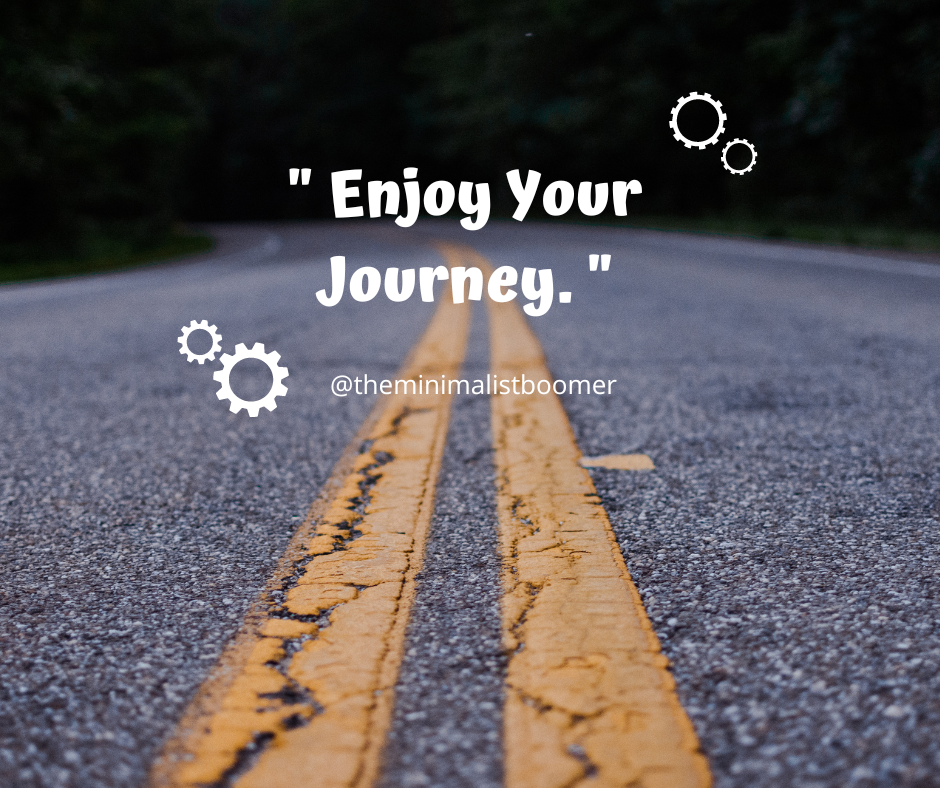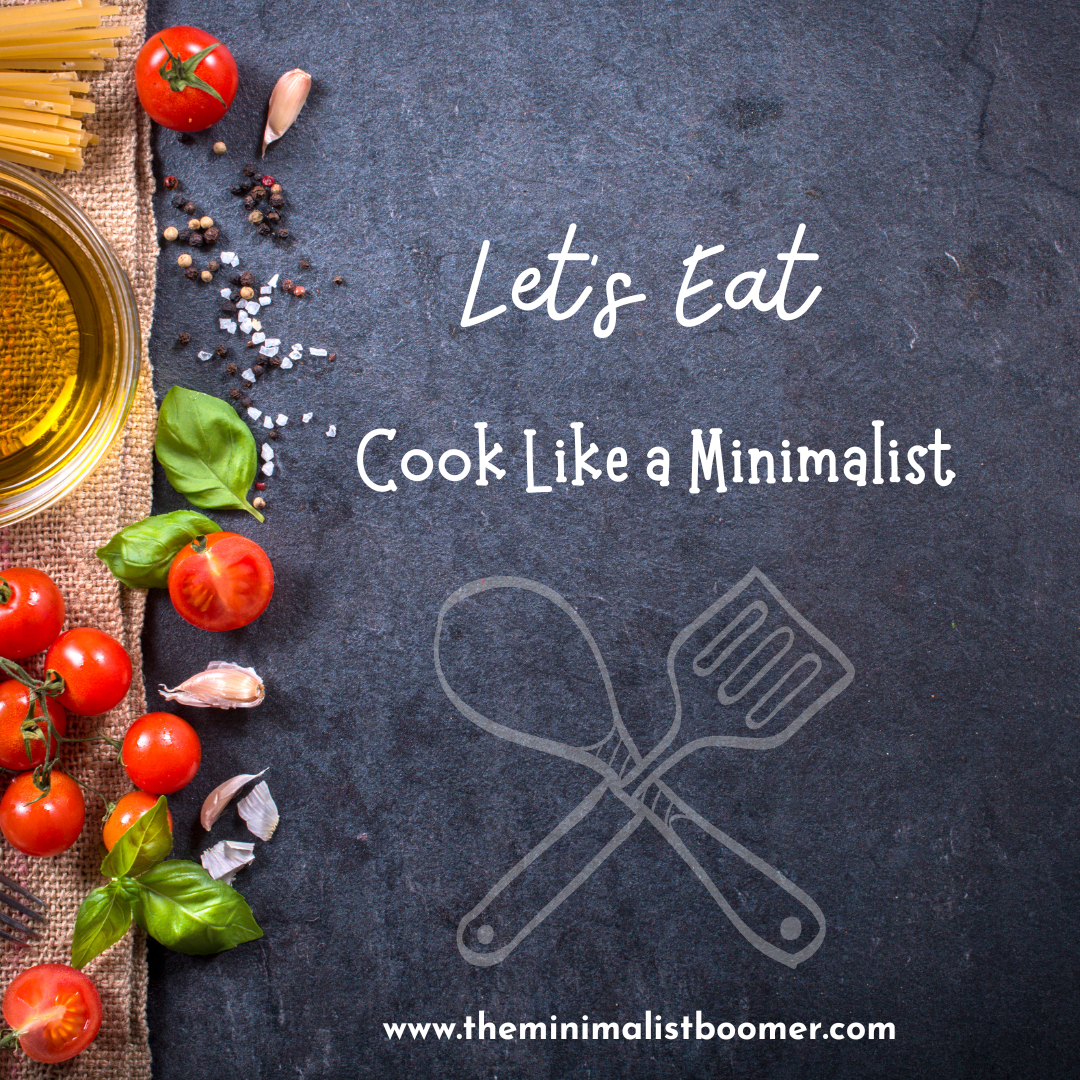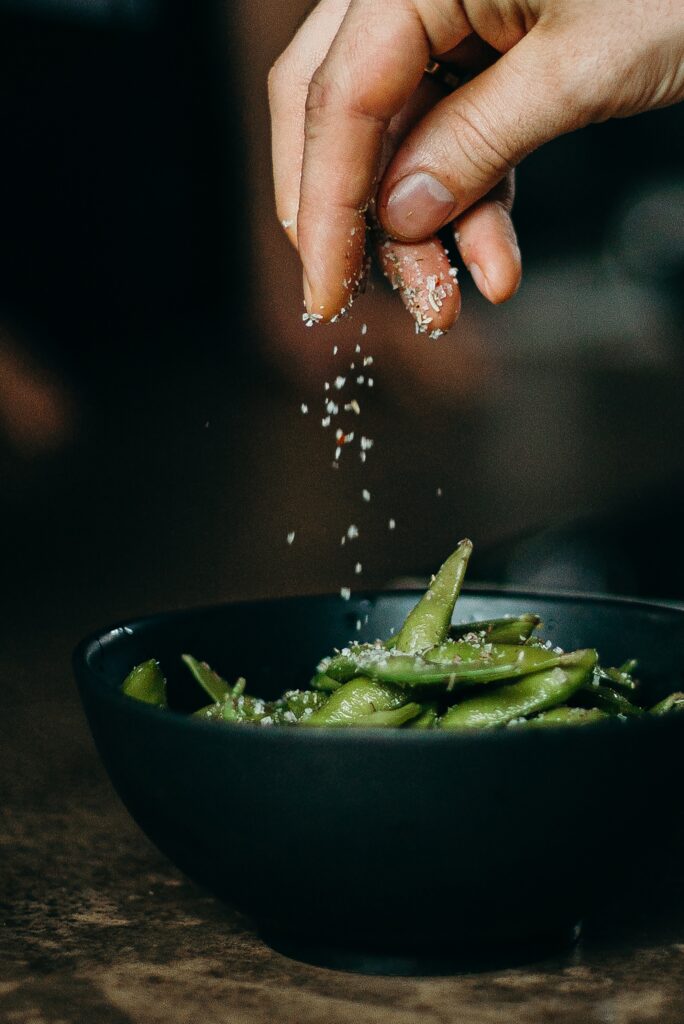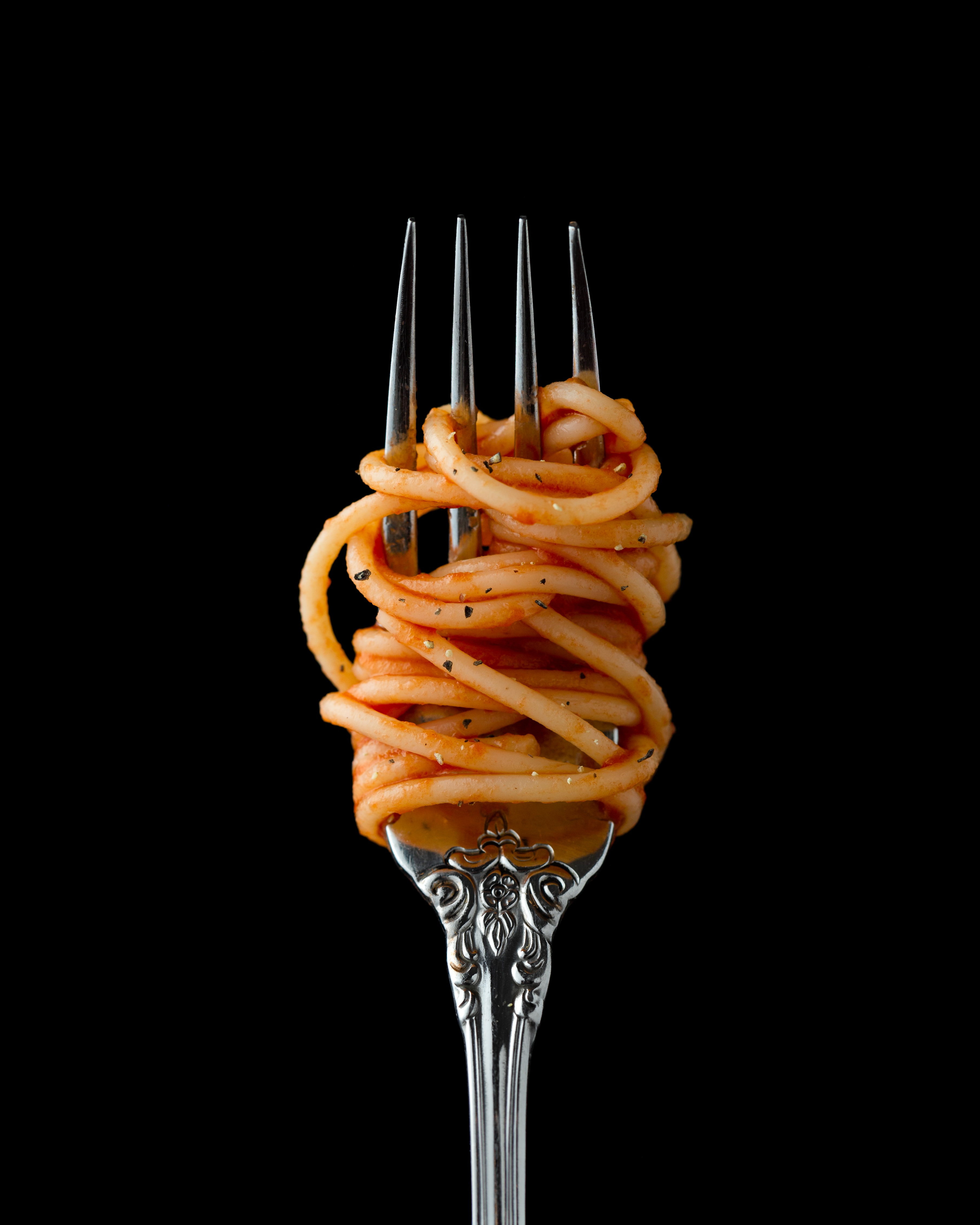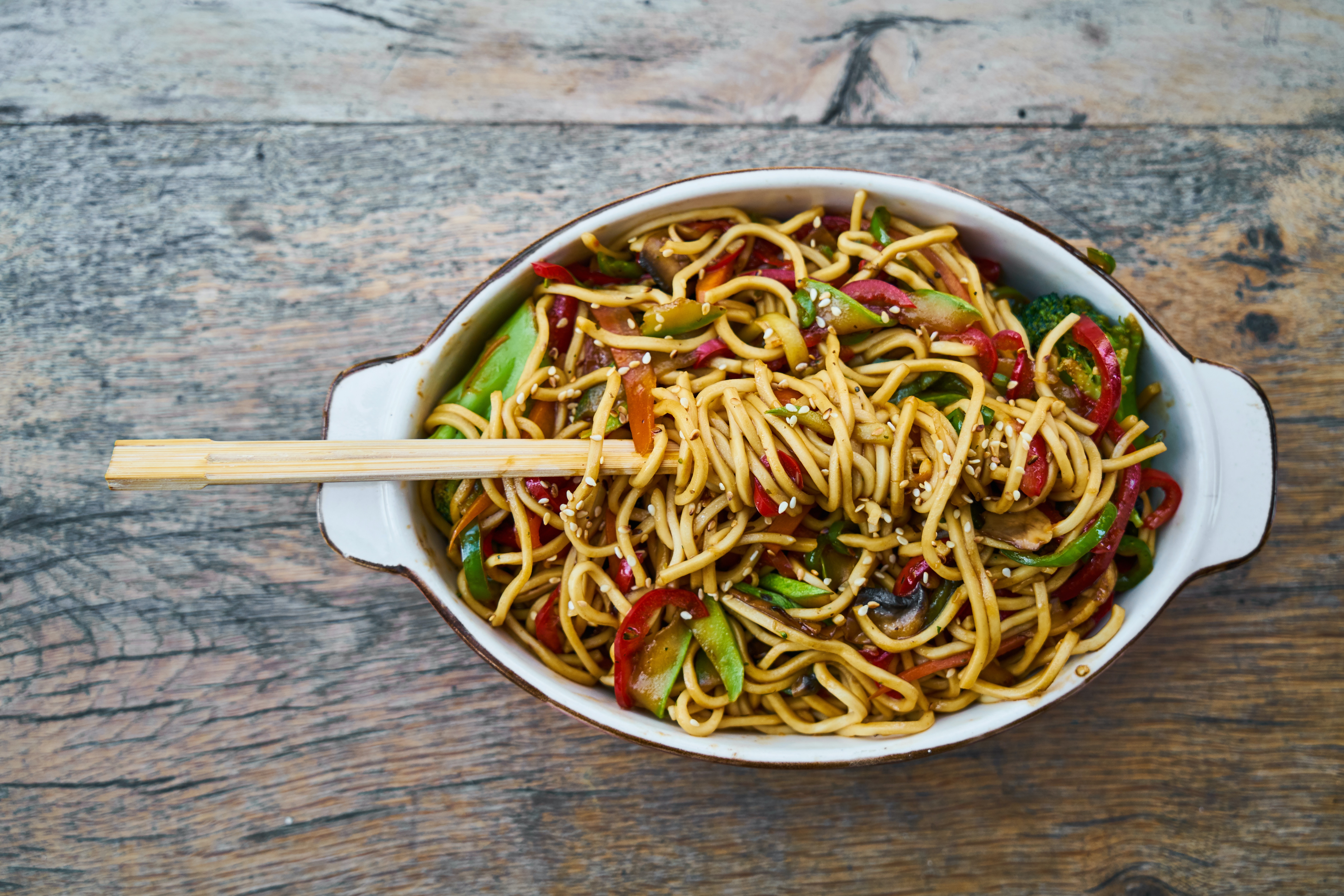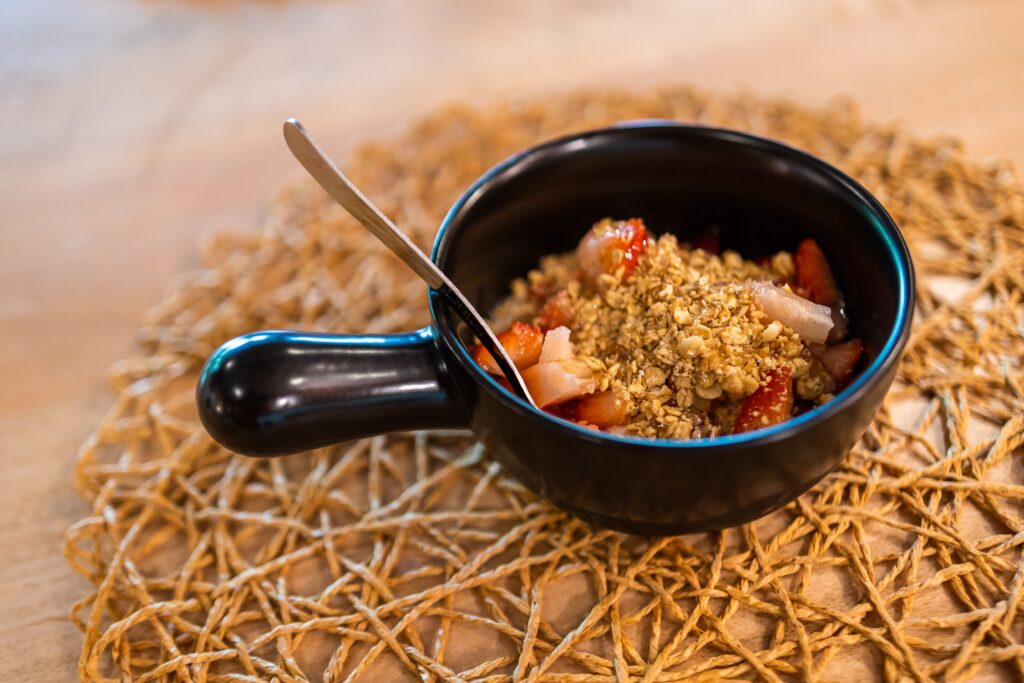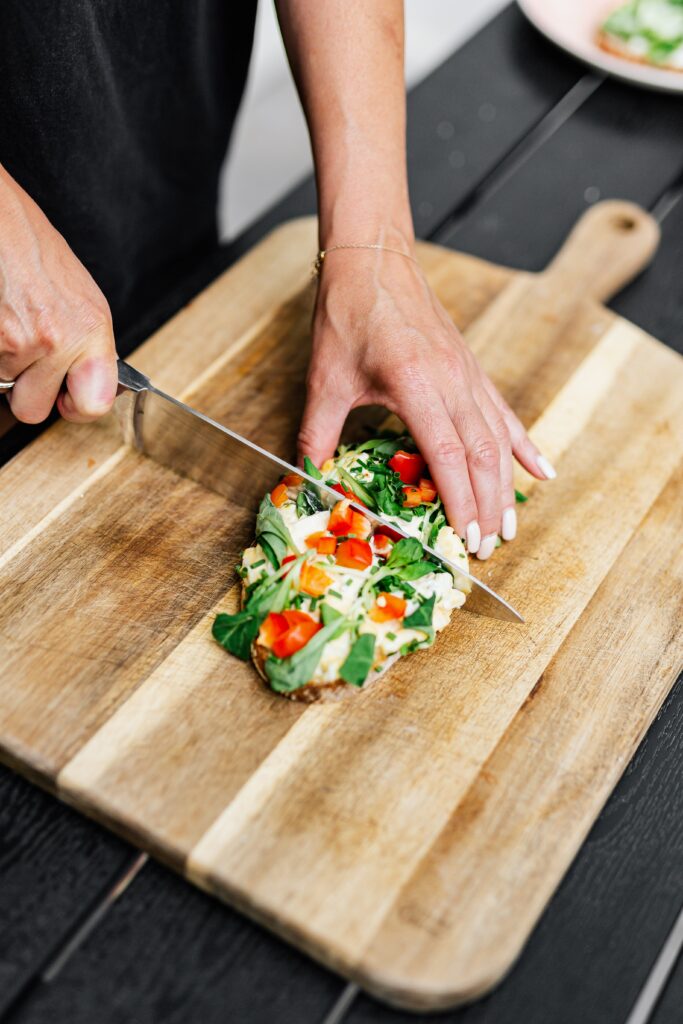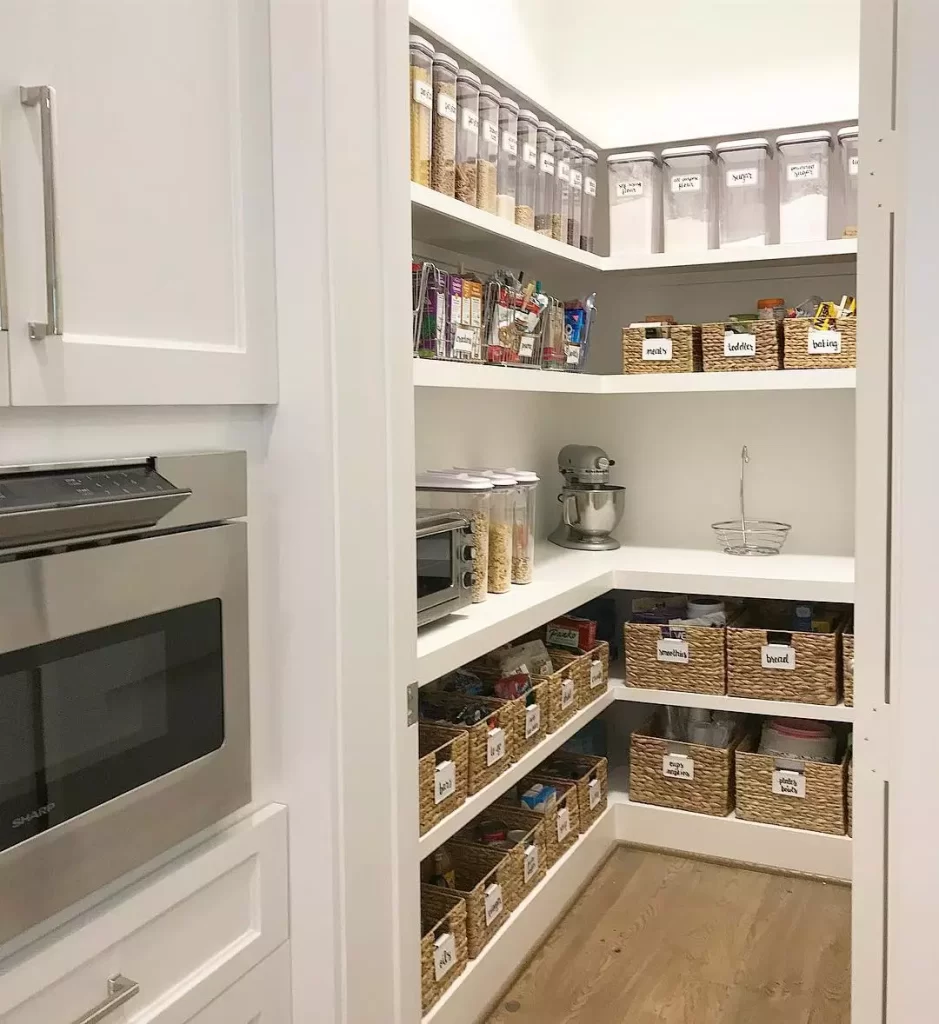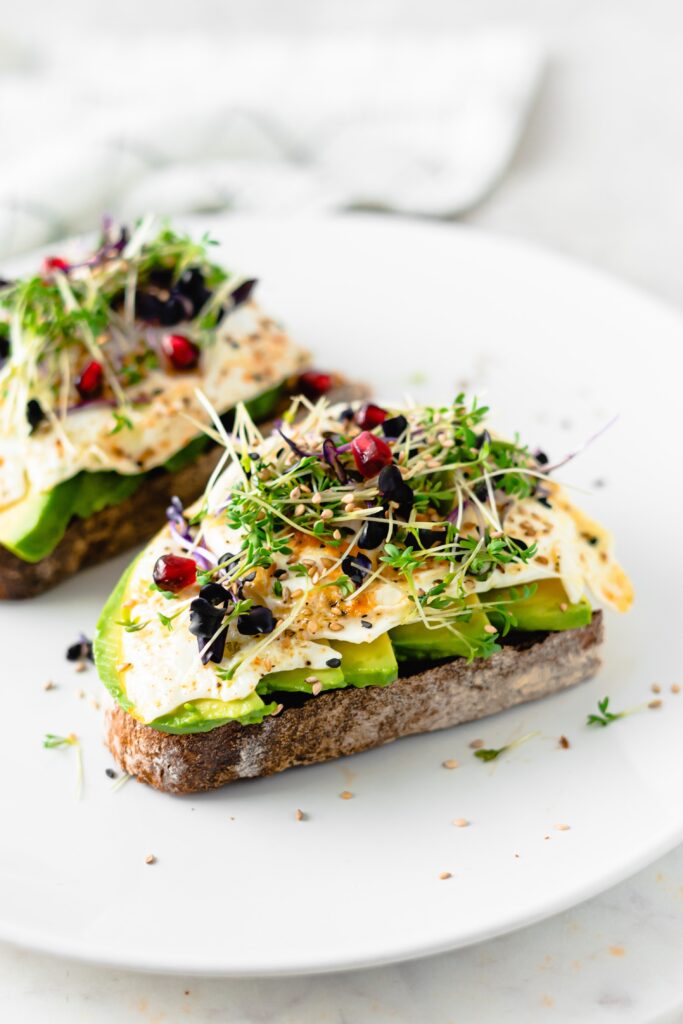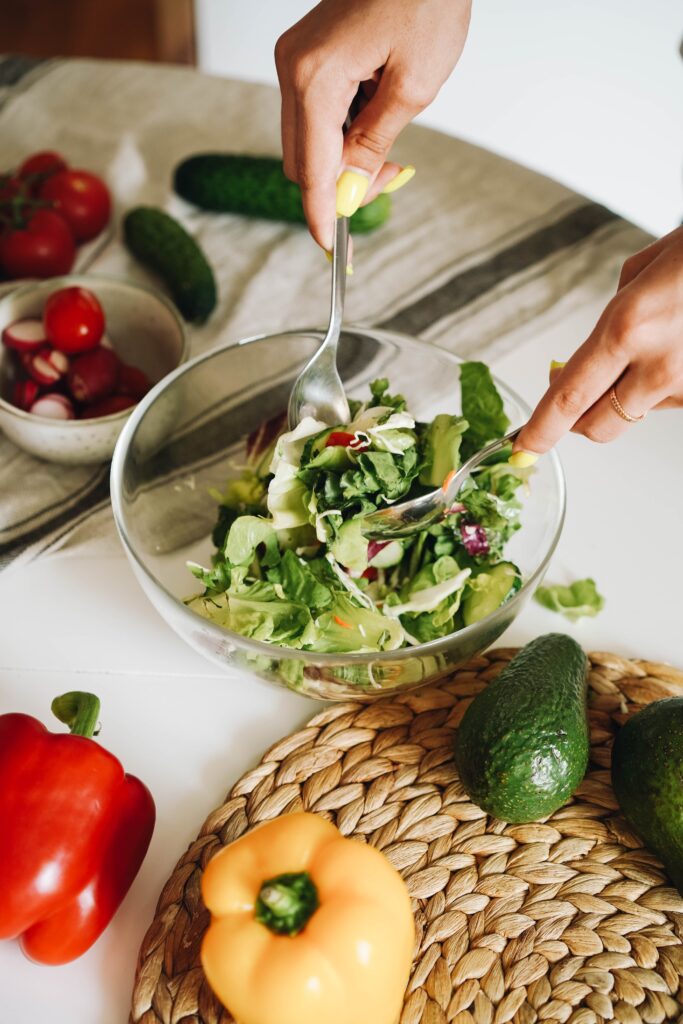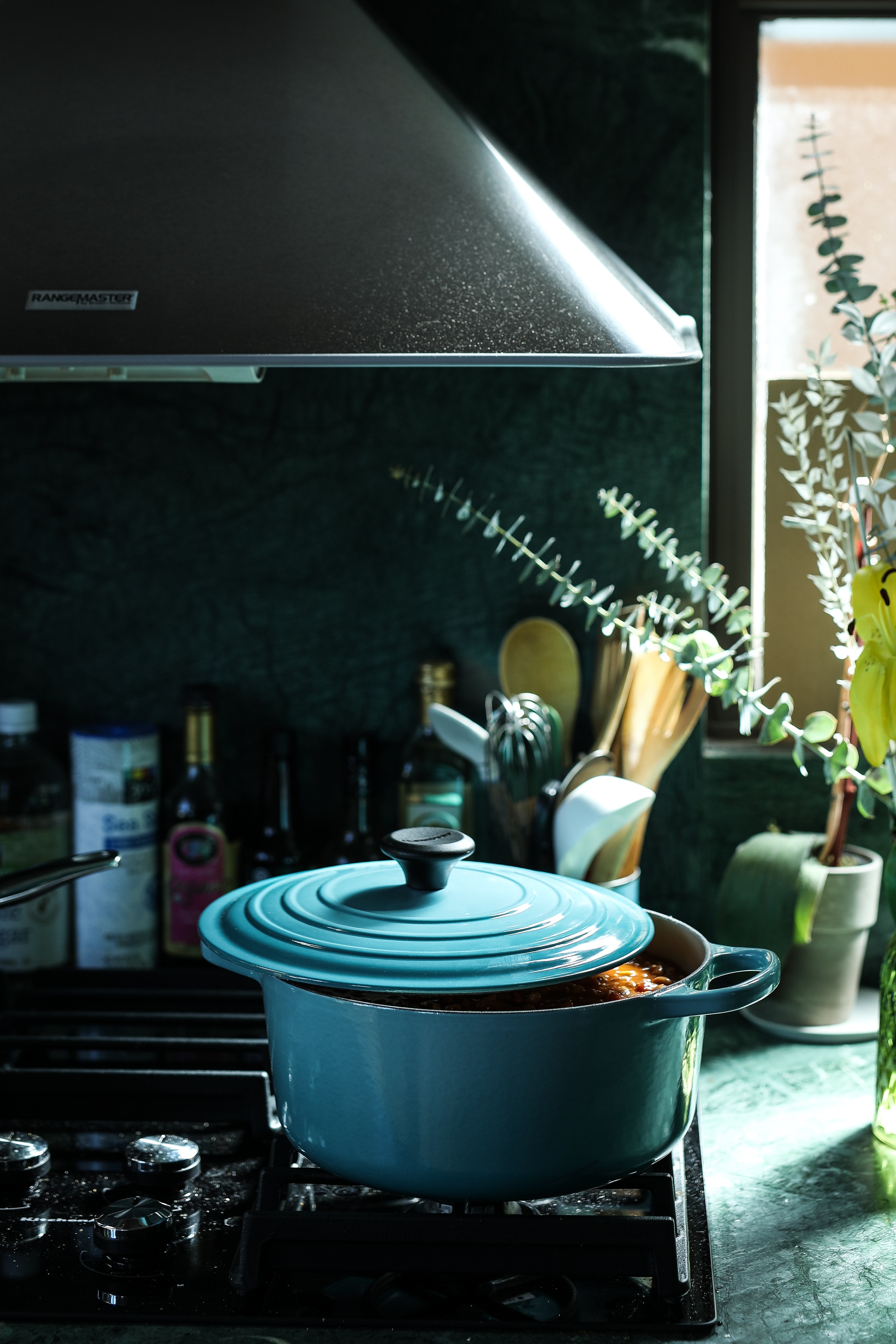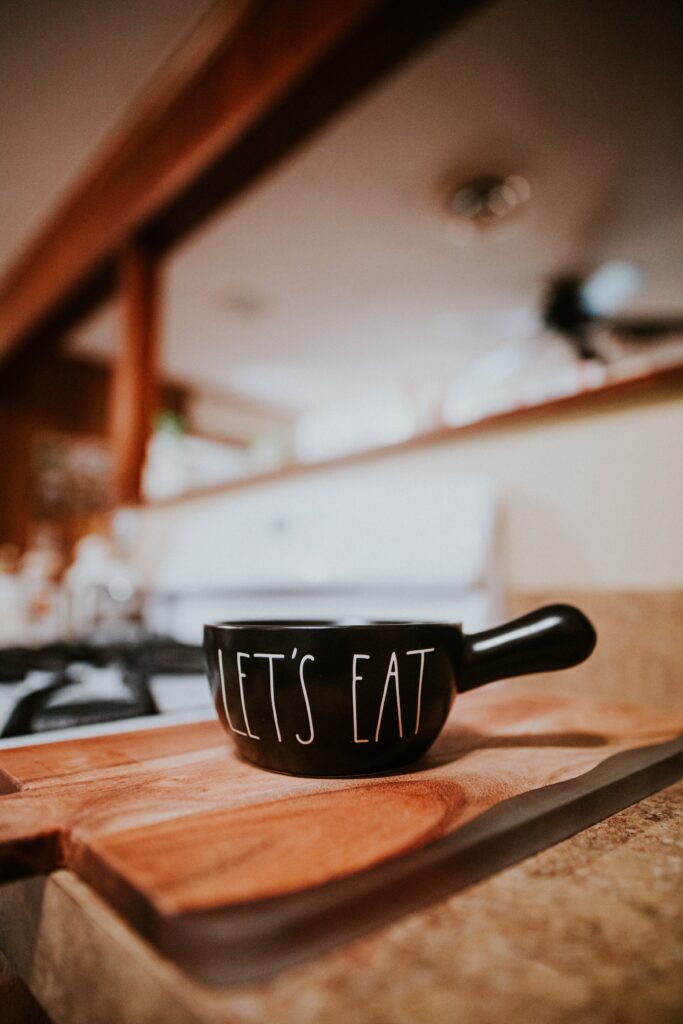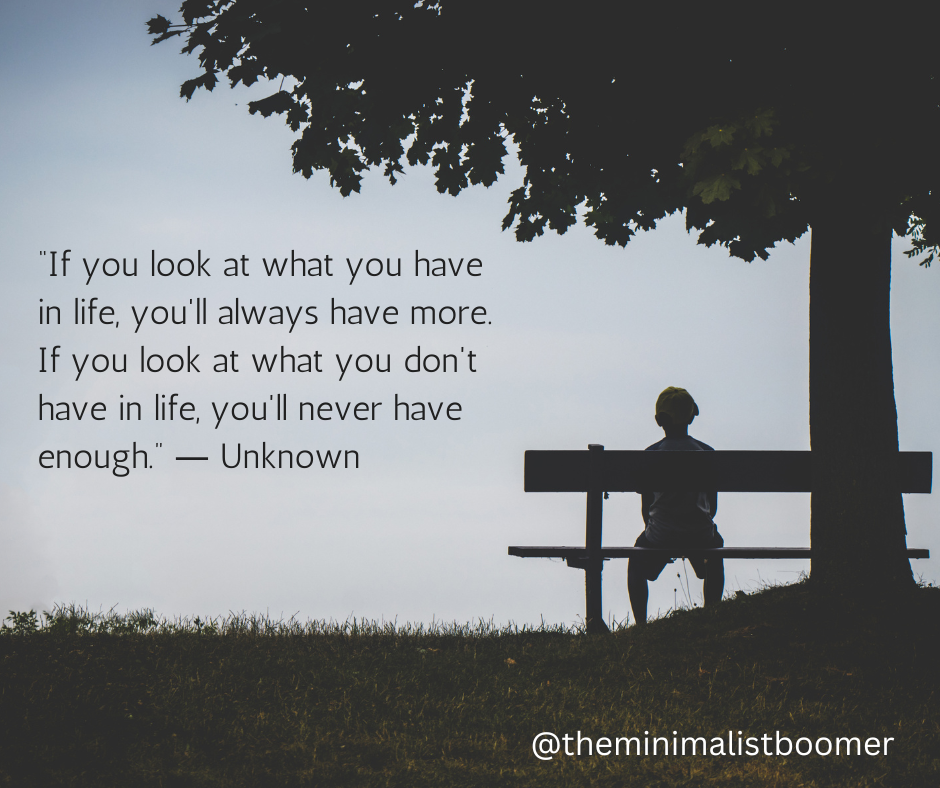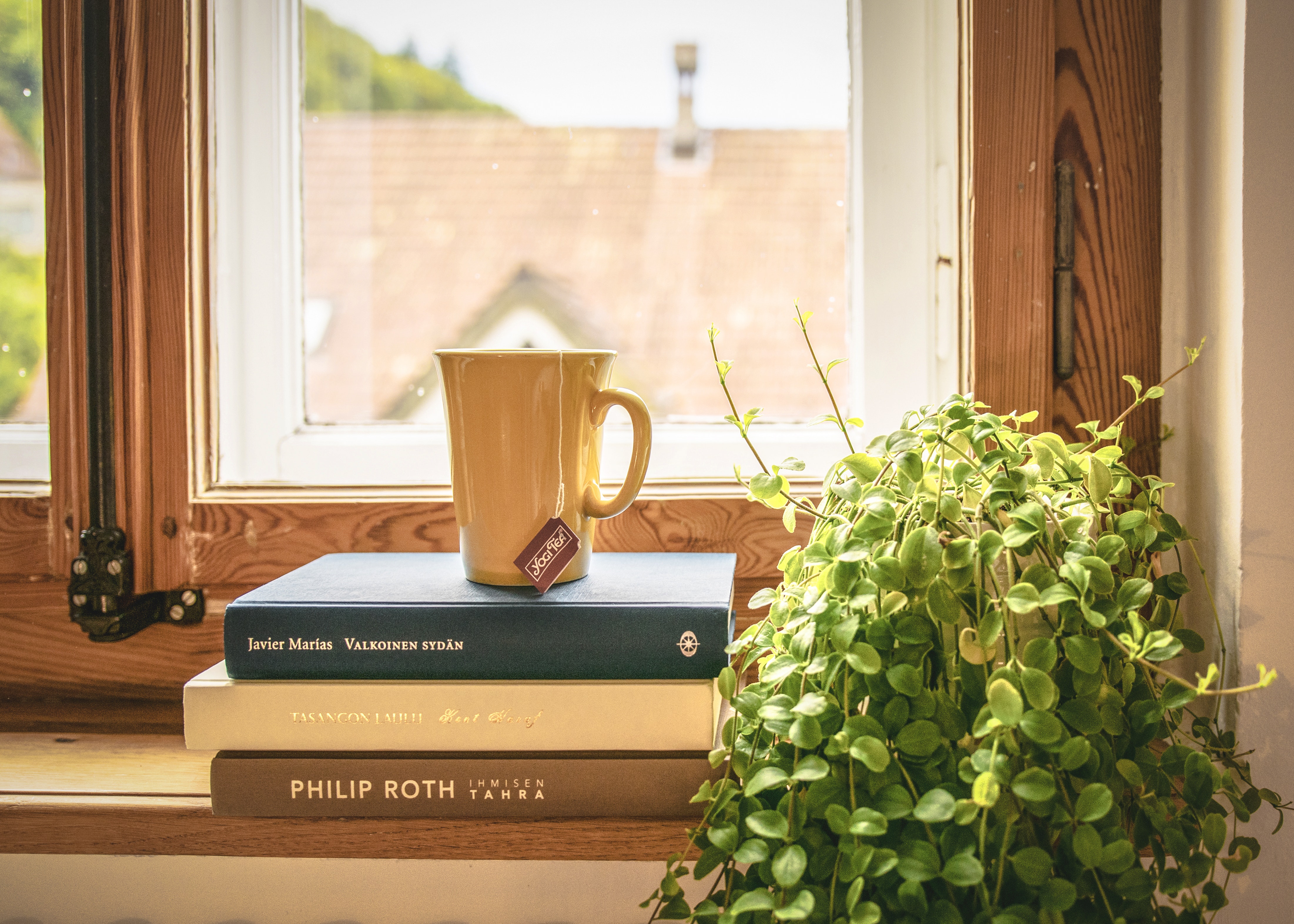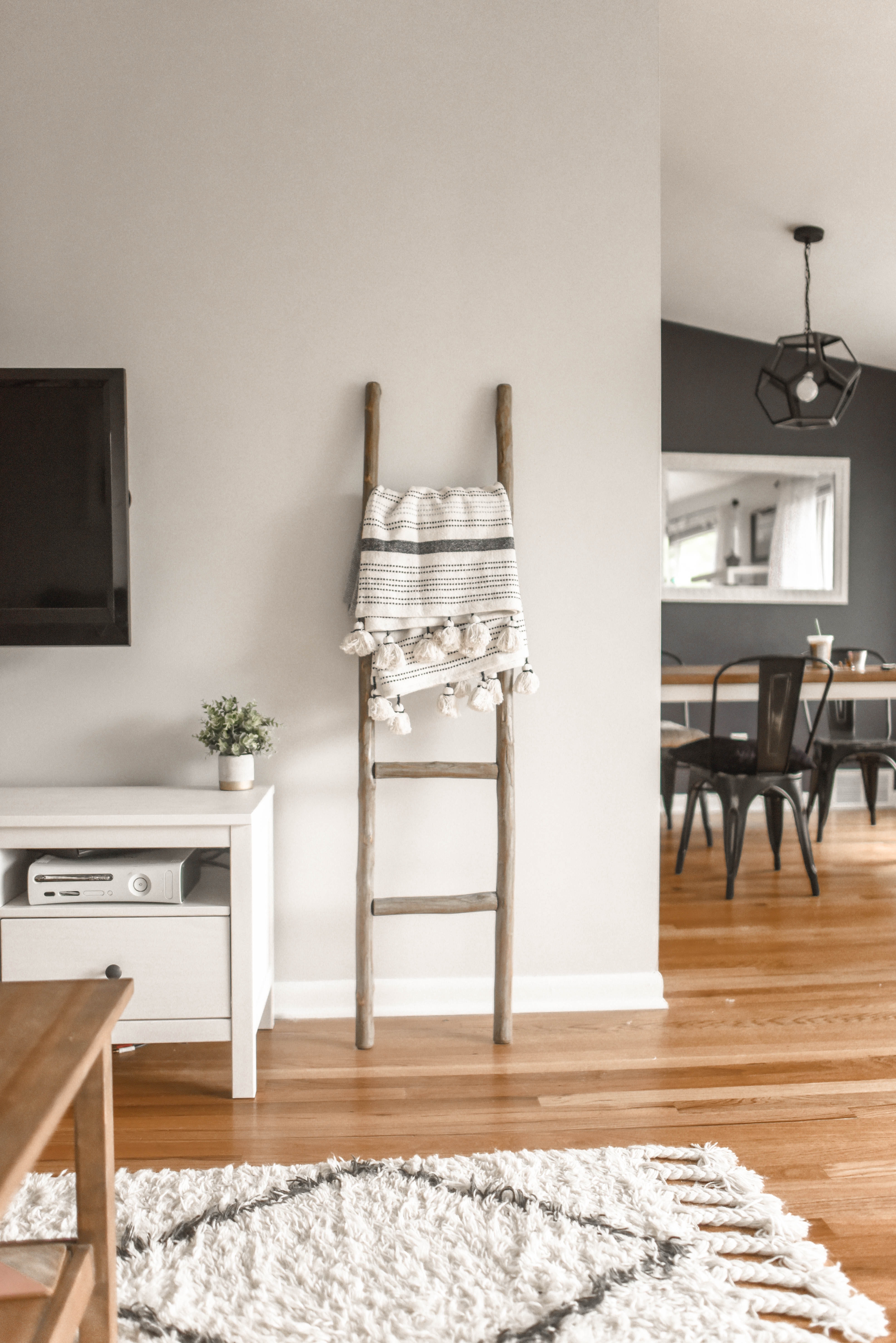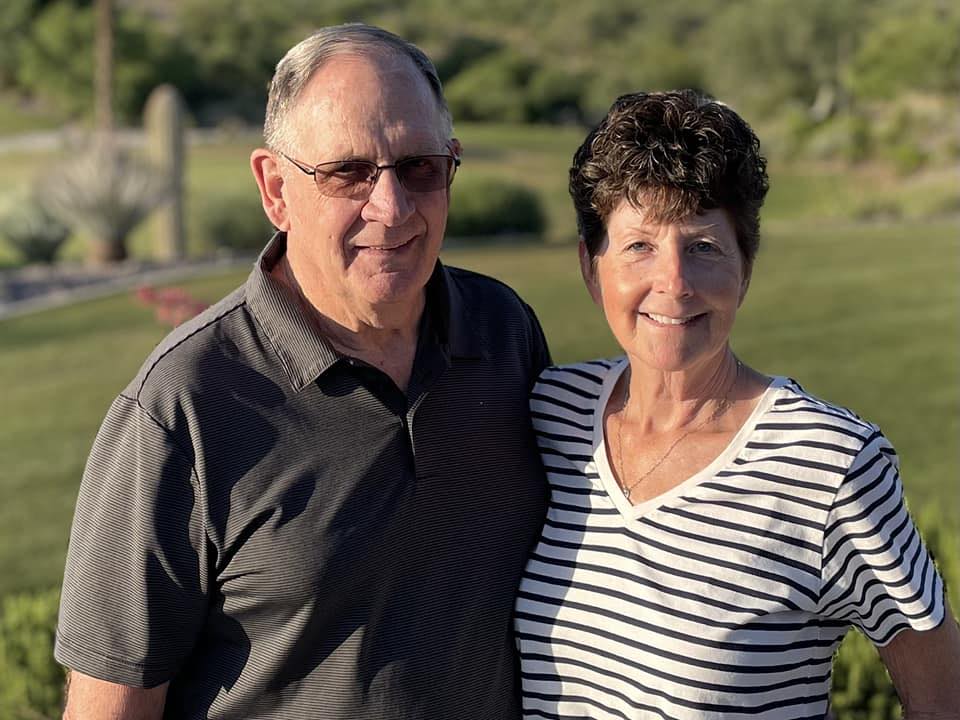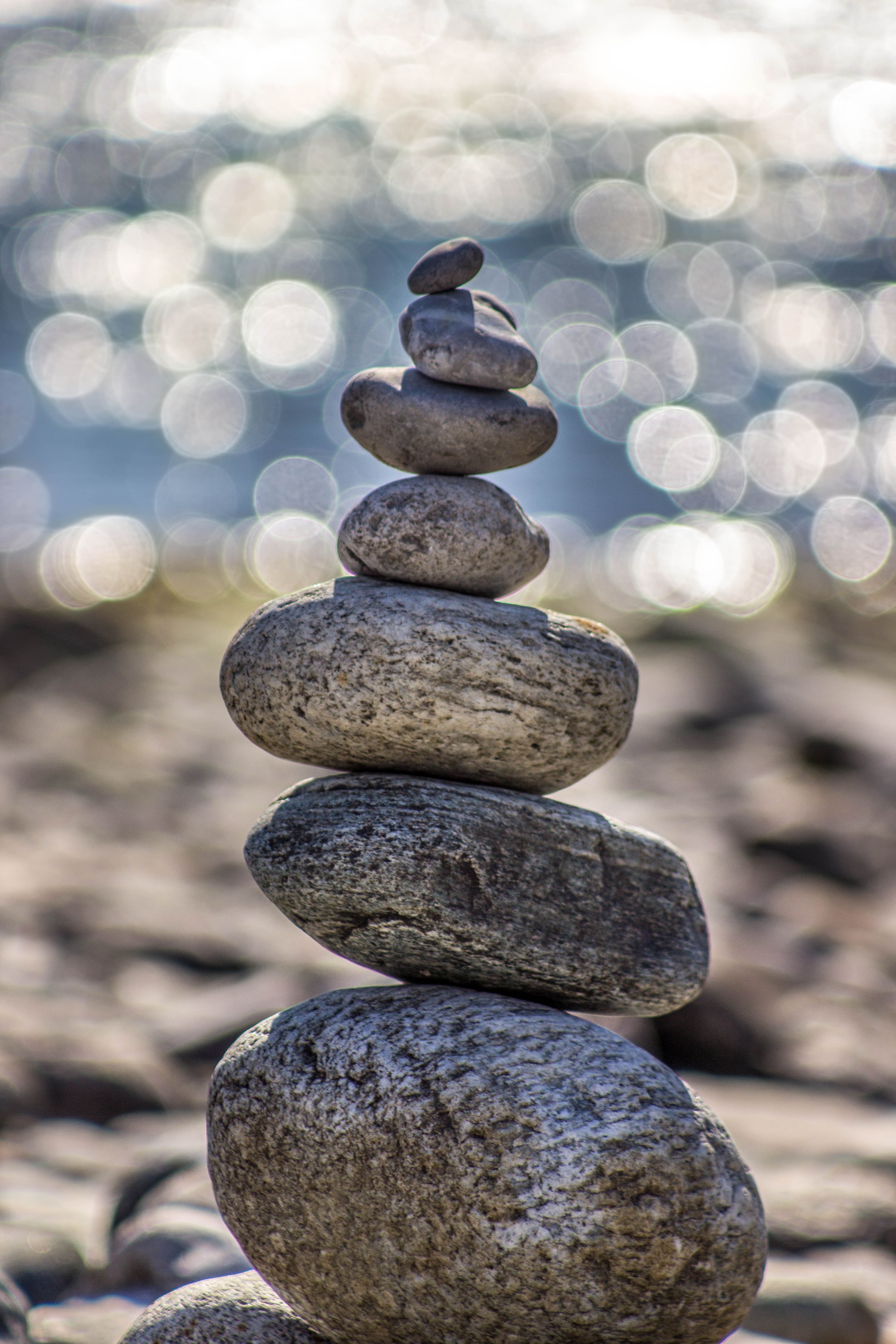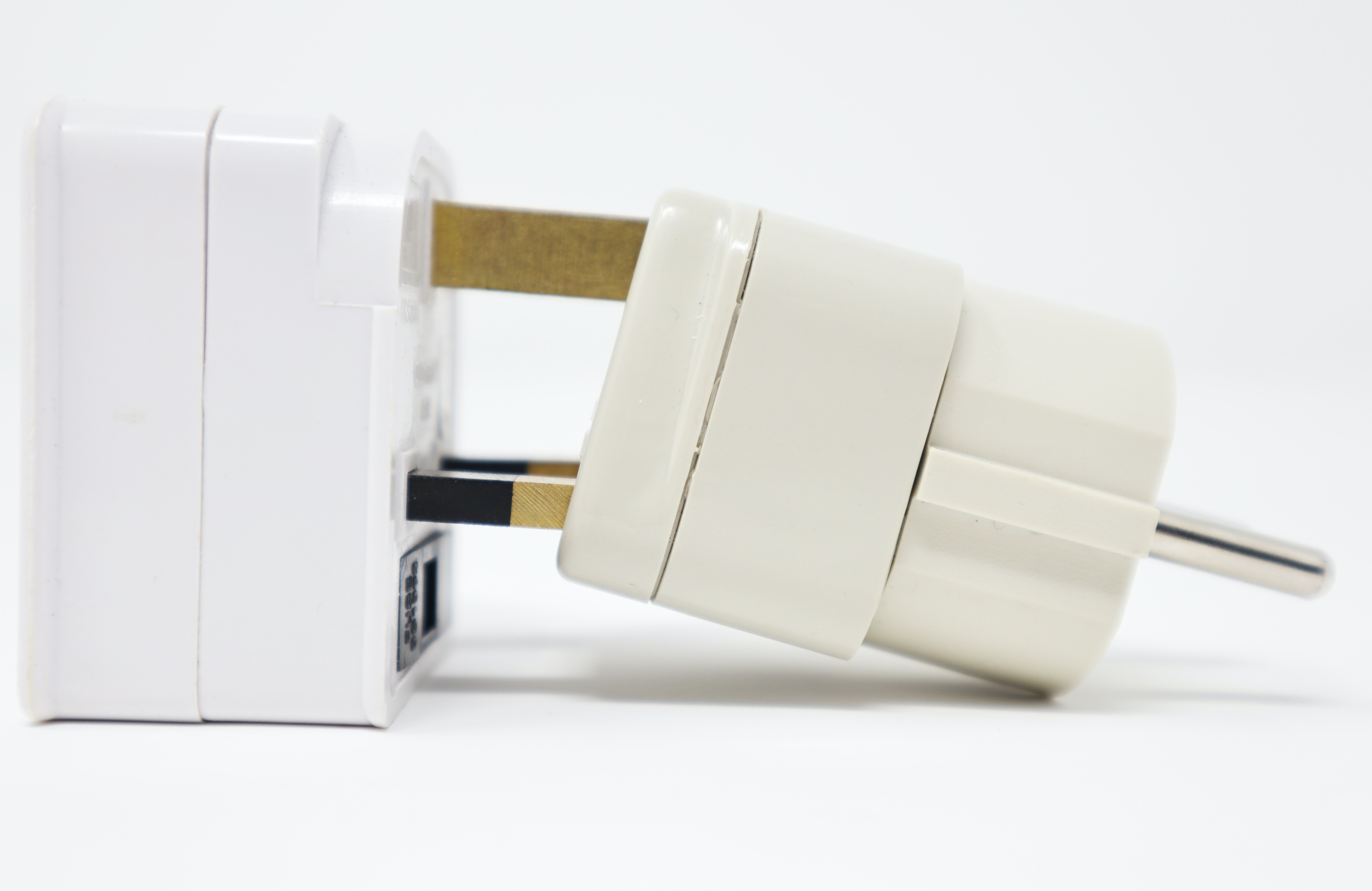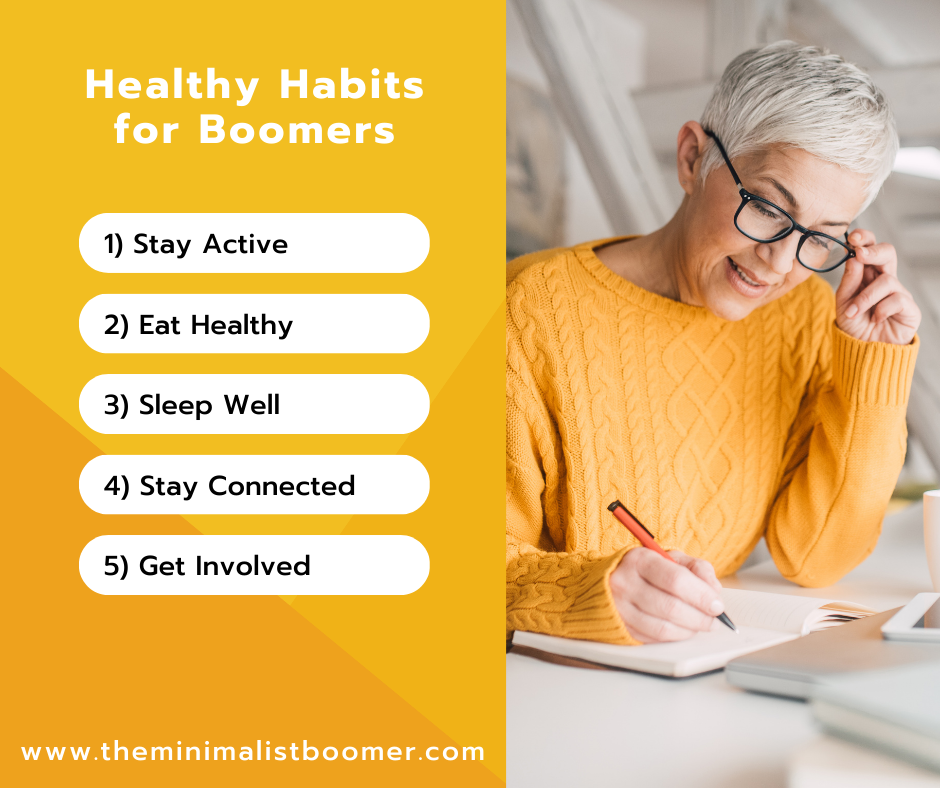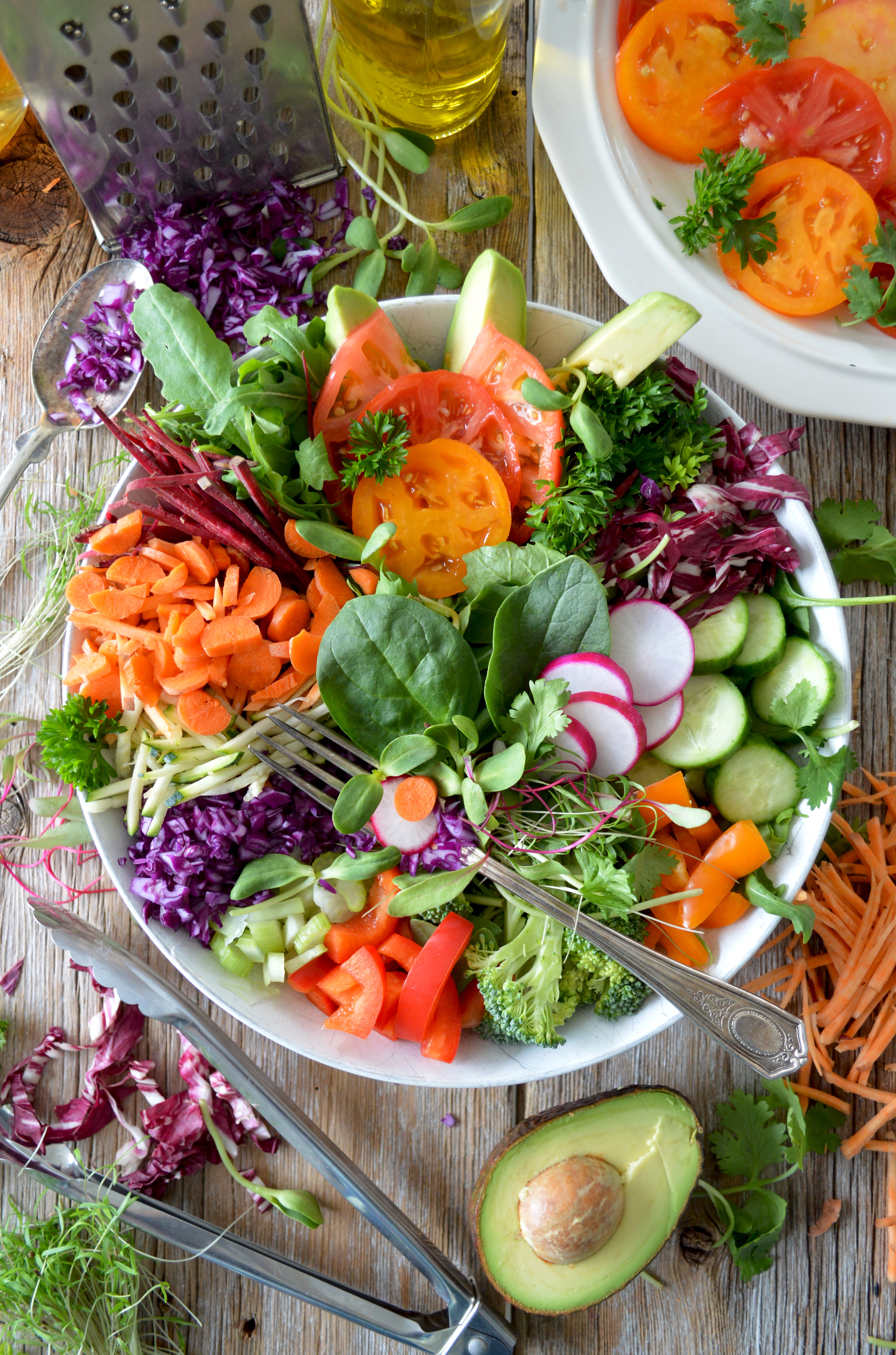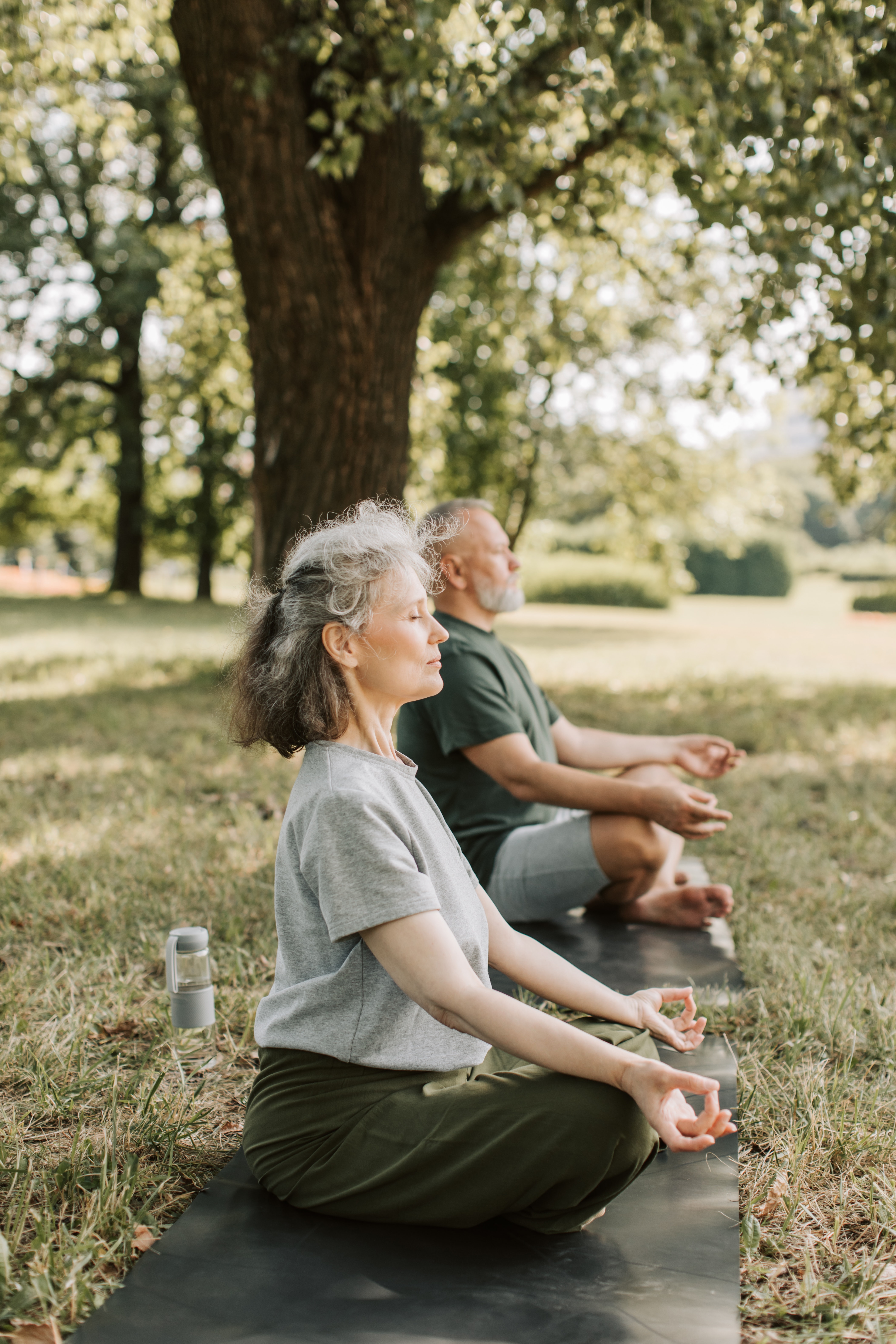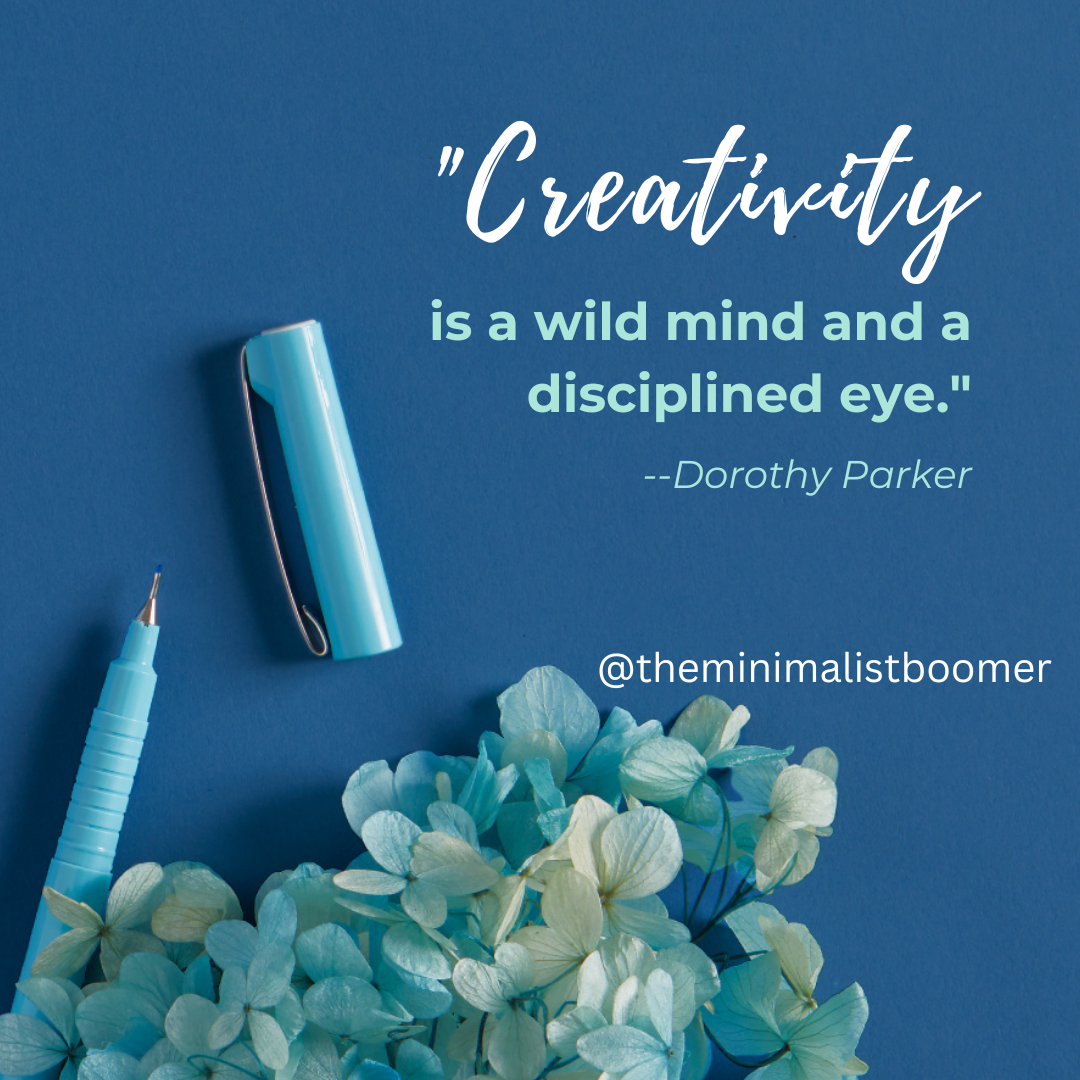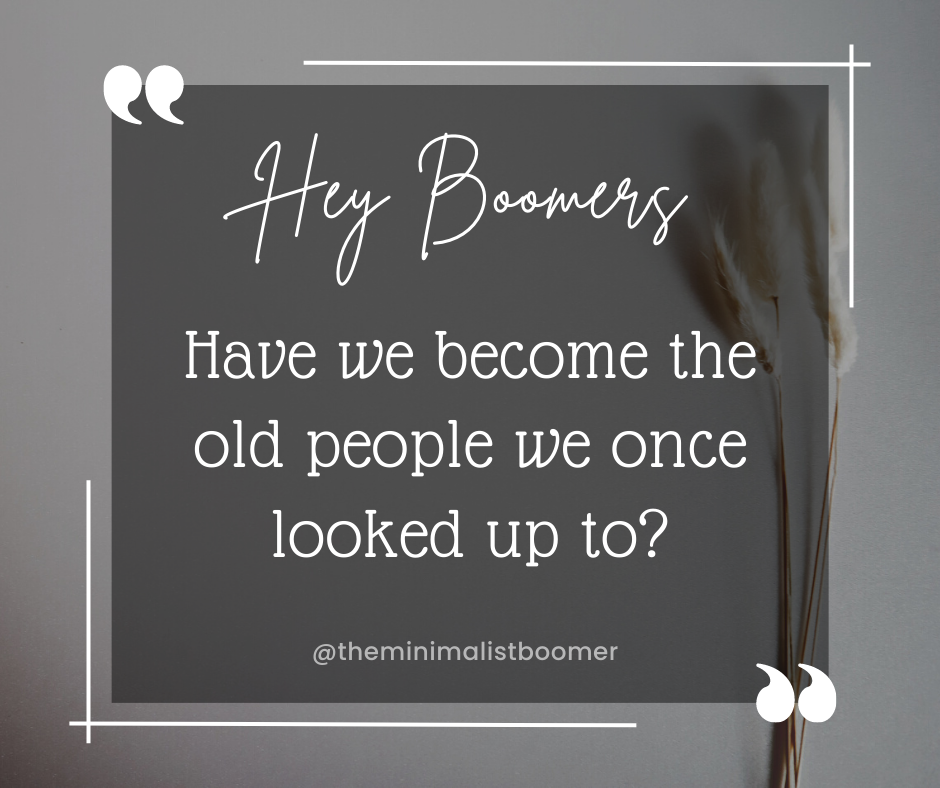Starting a minimalist journey is just the tip of the iceberg. The true challenge lies in maintaining the momentum. It’s about making conscious decisions every day that align with your minimalist values. Today, let’s discuss some tried-and-true strategies to encourage you to stay on track with your minimalist journey. This piece will provide you with ideas about HOW to keep that minimalist flame burning brightly.
1. Setting Your Intention and Goals
To maintain momentum in your minimalist journey, it’s essential to start by setting clear intentions and goals. Ask yourself why you want to embrace minimalism and what specific outcomes you hope to achieve. By having a clear vision and purpose, you can stay motivated and focused on your journey.

2. Decluttering in Bite-Sized Steps
Decluttering your home can feel overwhelming, but breaking it down into smaller, manageable tasks can make the process more achievable. Instead of tackling your entire living space in one go, focus on decluttering one room or area at a time. This approach not only makes the task less daunting but also allows you to see tangible progress, which can be highly motivating.
3. Embrace a Minimalist Mindset
Minimalism is not just about getting rid of physical possessions; it’s also about adopting a minimalist mindset. Practice gratitude and learn to appreciate the things you already have instead of constantly seeking more. By shifting your mindset and valuing experiences and relationships over material possessions, you can sustain your minimalist journey in the long run.

4. Create Systems and Routines
To maintain a minimalist lifestyle, it’s vital to establish systems and routines that support your goals. Develop efficient organization methods that work for you and incorporate them into your daily life. For example, designate specific spots for frequently used items and make it a habit to return them to their designated places. These systems will help you avoid clutter build-up and make it easier to keep things organized.
5. Stay Mindful of Your Purchases
One of the core principles of minimalism is being mindful of your purchases. Before buying something new, ask yourself if it aligns with your values and if it genuinely adds value to your life. Avoid impulse buying and take the time to consider whether the item is a want or a need. By practicing mindful consumption, you can prevent unnecessary clutter and maintain the momentum of your minimalist journey.
6. Seek Inspiration and Support
Finding inspiration is essential to maintaining momentum in your minimalist journey. Seek out sources of inspiration that resonate with you personally. This could be through reading books or blogs on minimalism, following minimalist influencers on social media, or attending minimalist-themed events or workshops. Surrounding yourself with like-minded individuals can also be a great source of inspiration and motivation.

7. Handling Criticism
When embracing a minimalist lifestyle, it’s not uncommon to face criticism or skepticism from others. People may question your choices, labeling them as extreme or unnecessary. It’s essential to stay true to your values and not allow external opinions to sway your commitment to minimalism. Educate others about the benefits you’ve experienced since adopting this lifestyle, such as increased clarity, reduced stress, and improved overall well-being. Surround yourself with like-minded individuals who support your journey and can provide encouragement and advice. Remember, minimalism is a personal choice, and as long as it brings positivity to your life, it’s worth pursuing.

Celebrate progress, not perfection. Remember that your minimalist journey is unique and personal to you. Avoid falling into the trap of comparing your progress to others or striving for perfection. Instead, celebrate each step forward, no matter how small. Reflect on how far you’ve come and acknowledge the positive impact that minimalism has had on your life. By focusing on progress rather than perfection, you’ll continue to build momentum and enjoy the journey toward a more intentional and fulfilling lifestyle.

